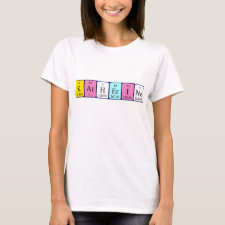
Authors: Booker K, Bowyer MC, Lennard CJ, Holdsworth CI, McCluskey A
Article Title: Molecularly Imprinted Polymers and Room Temperature Ionic Liquids: Impact of Template on Polymer Morphology.
Publication date: 2007
Journal: Australian Journal of Chemistry
Volume: 60
Issue: (1)
Page numbers: 51-56.
DOI: 10.1071/CH06284
Abstract: Molecularly imprinted polymers (MIPs) were generated for trans-aconitic acid 1 and cocaine 2 in a variety of porogens (CH3CN, CHCl3, [bmim][BF4], and [bmim][PF6]). MIP synthesis in either [bmim][BF4] or [bmim][PF6] resulted in significant acceleration of polymerization rates and, in the case of low temperature polymerizations, reactions were complete in less than 2 h, while no product was observed in the corresponding volatile organic carbon (VOC) porogen. In all instances, MIPs generated in [bmim][BF4] or [bmim][PF6] returned imprinting selectivities (I values) on par with or better than the corresponding MIP generated in VOCs. Imprinting values ranged between I = 1 and 2.9, with rebinding limited to 1 h. MIP synthesis conducted at low temperature (5 °C) afforded the highest I values. Scanning electron microscopy examination of MIP morphology highlighted an unexpected template effect with MIP structure varying between discrete nanoparticles and robust monoliths. This template-monomer interaction was also observed in the rates of polymerizations with differences noted in reaction times for 1 and 2 MIPs, thus providing indirect conformation of our previously proposed use of molecular modelling-nuclear magnetic resonance titrations (the MM-NMR method) in the design phase of MIP generation. In addition, considerable batch-to-batch rebinding selectivities were observed
Template and target information: trans-aconitic acid, cocaine



Join the Society for Molecular Imprinting

New items RSS feed
Sign-up for e-mail updates:
Choose between receiving an occasional newsletter or more frequent e-mail alerts.
Click here to go to the sign-up page.
Is your name elemental or peptidic? Enter your name and find out by clicking either of the buttons below!
Other products you may like:
 MIPdatabase
MIPdatabase









